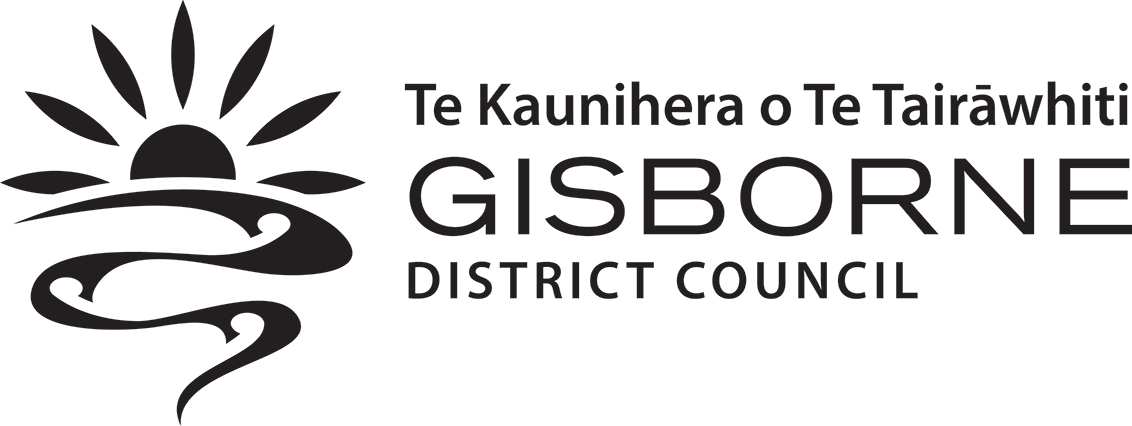2 October 2025
Council has endorsed a transformational plan to shift the region’s most erosion-prone land into permanent vegetation cover and secure Crown co-investment to make it happen at its final meeting today.
The Sustainable Land Use Transition Business Case is the culmination of work by Council, MPI and the Transition Advisory Group (TAG) and outlines a comprehensive pathway to support landowners and communities to transition erosion-prone land at scale.
Building on the Tairāwhiti Transition Guidelines completed in June and calls to action from the Citizen’s Assembly in May, Mayor Rehette Stoltz says this work continues to demonstrate the power of collaboration for a regionally-led solution to our land use challenges.
“Our communities, mana whenua and industries are investing their time, knowledge, and energy into this kaupapa – but we cannot achieve meaningful change alone.”
“We can no longer afford to delay action,” she says. “We’re at a turning point. We can’t keep spending $80 million cleaning up rivers and beaches after every major storm. Investing in the land now will save millions in clean-ups later and protect our communities for the long term.”
“The storms of the last two years showed us the cost of in-action, this plan means more stable hillsides, cleaner rivers and new skilled jobs to support future land use – a win for our environment and our local economy.”
The Business Case will seek partnership with government, landowner and philanthropic contributions to invest $16 million in the first year scaling up to $48 m over the first decade.
The programme proposes:
- Restoration of erosion-prone land into permanent vegetation.
- Define clear pathways for landowners to transition vulnerable land, supported by expert advice and planning tools.
- Carry out regional-scale pest control and targeted interventions on specific sites such as gullies to better protect communities and infrastructure.
- Establish a new regional entity to coordinate delivery alongside mana whenua, landowners, industry and communities.
- Build a skilled local workforce to deliver the transition programme and support future sustainable land use.
- Secure long-term Crown co-investment to deliver the programme.
Following endorsement at Council it will be finalised and submitted Government for consideration in Budget 2026.
Council Chief Executive Nedine Thatcher Swann says the Business Case sets out a clear way to turn lessons from recent storms into long-term solutions.
“This plan is about moving from costly clean-ups to lasting solutions – transitioning up to 100,000 hectares of vulnerable hill country so we can protect our rivers, reduce future damage and safeguard our communities.”
Ms Thatcher Swann says achieving the scale of change needed will only be possible through partnerships.
“We can’t do this alone. We need the Government to stand with us so we can move at a scale and pace the situation demands.”
“With the right backing we can get to work immediately - restoring the whenua, protecting the awa and setting up a more resilient future for generations to come.”
The full report is available on Council’s website - COUNCIL - 2 October 2025
TAG is a locally led, cross-sector group of forestry owners, Māori landowners, farming and environmental representatives, and experts from Gisborne District Council and the Ministry for Primary Industries.
